When considering the most historical place in Taipei, or talking about a place both young and old love to go, Dadaocheng is never far from the top of the list.
It is an area seemingly frozen in time – in 1920s Taiwan; an area and time full of magic.
And recently for The Taiwan Times I was honored to be able to interview the secretary of Sedai Zone, a company assisting the area in staying relevant, Mr. Weiting Hsu.
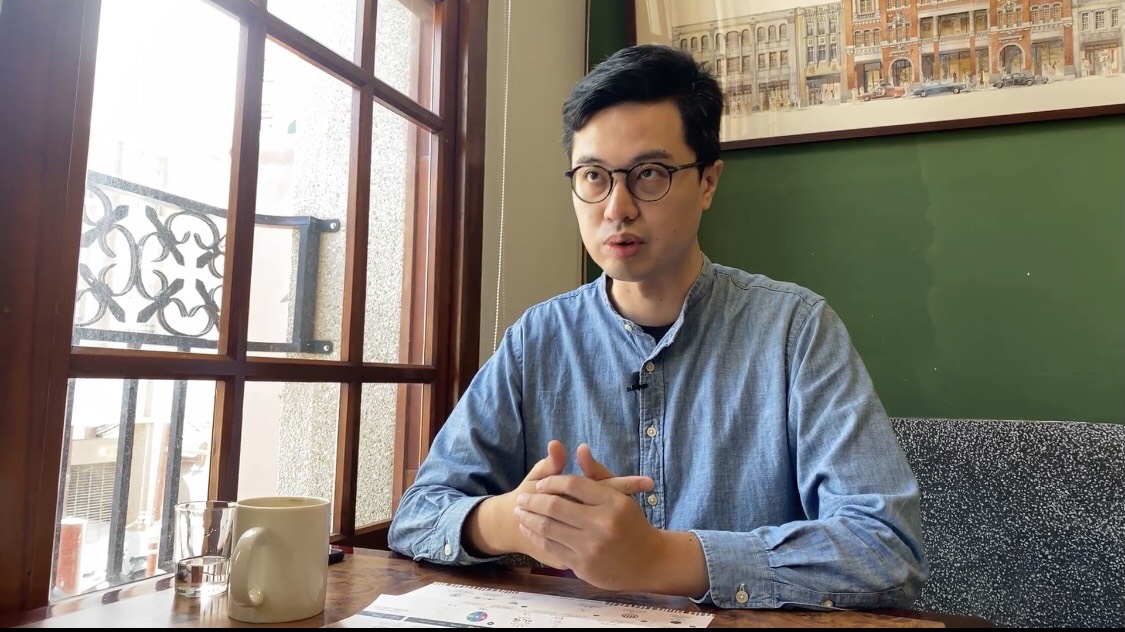
But first we need to know why Dadaocheng needs Sedai Zone, and then to understand what the company has done in this area.
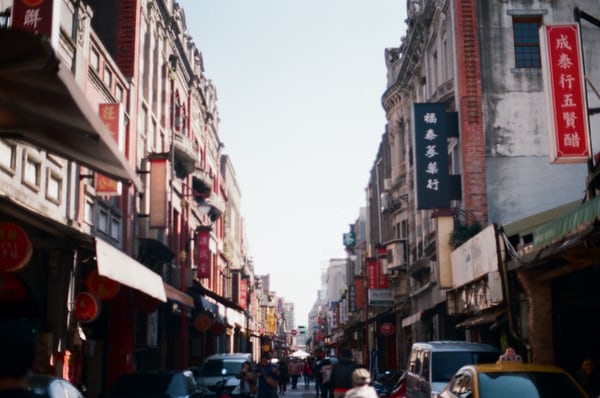
Dadaocheng was once the most prosperous part of Taipei thanks to the decline of the Monga area (now Wanhua) and the advantage of location during the Qing Dynasty.
The young nation of Taiwan used to export tea and cloth to many countries worldwide, and Dadaocheng, on the Tamsui River in Northern Taiwan linking it to the open ocean become the new trade center.
However, Dadaocheng faced the same challenges as Monga had a few years previously with river sedimentation issues.
This, coupled in part to Taiwanese tea gradually being replaced by Ceylon Black Tea in global markets meant Dadaocheng was on the decline.
Yet, while many places in Taiwan have encouraged citizens to cooperate with urban renewal programs in recent years, this is not an option for the people of Dadaocheng – as Mr. Hsu in the interview points out “the land ownership in Dadaocheng is not like other areas, it is complex and owned by many people, which makes urban renewal an impossible job for this place.”
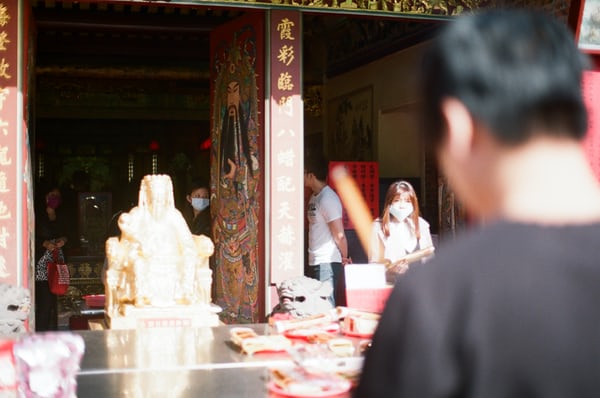
Mr. Hsu also said that the reason Dadaocheng was on the wane resulted from the old industries here.
Many local businesses such as dried foods and groceries are still here, selling the same products as hundreds of years ago.
Nevertheless, they do not want to change, or do not know how to change.
Plus, trends are altering, and the needs of people in the wider city are also changing. As people don’t need these products anymore, they don’t visit this place as much as they once did.
As Dadaocheng is thus in decline, there are more and more empty rooms and houses to be seen in the area.
This is something the Sedai Zone company sees as an opportunity, and has stepped in to help bring back prosperity to the region.
The founder of the Sedai Group, Yi-Cheng Jo, has many connections to Dadaocheng.
Although he is not a local resident, his love for this place is quite passionate.
He founded the company not only to support local industries to transform, but also to utilize the extra, unused spaces to aid start-up companies to acquiring skills, providing resources such as a place to work, teaching lessons on how to start a business, and so on.
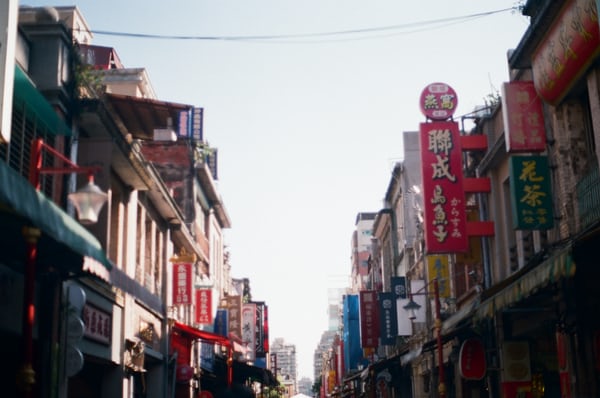
To talk about why introducing the companies or entrepreneurs is one of their methods to save Dadaocheng, Hsu said “The main purpose is to bring the new generations and ideas into the region. We hope that by bringing new industries and start-ups in, the old industries here can learn relatively innovative techniques for the needs of the market nowadays. Learning these latest methods will enable them to survive as the time goes by. In other ways, the new companies and businesses here will also learn (from) these traditional industries’ experiences. These previous experiences will assist them to stay longer in Dadaocheng.”
Addressing the question of those wondering why Sedai Zone chose the 1920s as the theme of reforming Dadaocheng Hsu added that “in the 1920s, the ‘roaring twenties’ was the period when all the world was booming, including Dadaocheng. It could be called one of the most prosperous places in the world. We hope to bring people back to this place not only for the products here, but also the culture in Dadaocheng.”
However, Sedai Zone, after all, is an “outsider” in Dadaocheng. So how did they gain the local people’s trust?
Hsu admitted that everything was difficult in the beginning; “We were trying to figure out the best way to gain people’s trust, but we really couldn’t think of the ‘best’ way. Eventually, we decided we will just show them what we’re capable of.”
Hsu also mentioned the interesting story of when they were preparing to open a first townhouse in Dadaocheng; “We rented a house and hoped to open a bookstore in the future, but the owner was kind of worried about it. Because of that, the owner came to the house often and asked us if we need any help or if this plan would really work. She was really caring for us.”
After Sedai Zone did successfully open the first townhouse in the area, they were kept very busy.
Local people are willing to cooperate with Sedai Zone, all hoping to create a better environment for Dadaocheng and its residents.
“In ten years, we have opened the townhouse in Dadaocheng, and we are not stopping.” Hsu said, continuing “And we have received many invitations from big companies that would like to work with us. However, to prevent the situation that many old streets in Taiwan (face being) too commercialized and lose their own characteristics, we decided to pick business that are relatable to Dadaocheng. For example, tea and cloth belong to the five basic industries of Dadaocheng.”
Hsu went on to say “we had to recruit companies and entrepreneurs before, but now we have to really think about which companies or industries we should let in. In this way, we can minimize the impact for this region.”
When asked what Sedai Zone does to preserve the culture here, the reply was surprising with Hsu admitting “We don’t intentionally want to preserve the culture here. We were aiming to revive the economy here in the beginning. Of course, we will try to preserve the appearance of the historical townhouses we rent from owners, but we are mainly focusing on the economic aspect rather than cultural aspect.”
Nonetheless, Hsu also gave us an explanation of the connection between economy and culture in that “Economy is like the bottom of the pyramid, and culture is like the top of the pyramid. If the economy is better, many cultural events will also appear. For example, dragon and lion dances and Dadaocheng theater have appeared here because of the recreational needs in the region. When residents here are wealthy and don’t need to worry about working and living problems, the recreation, as we say ‘culture’ now, would become crucial.”
Hsu also mentioned the same concept as being able to work in different ways. “If the top of the pyramid, culture, is revived, it will also influence the economy. Many cultural activities will bring more people from around the world to this place, helping the economy.”
In order to keep the “pyramid” working, Sedai Zone has paid great attention to several events, the biggest being Tua-Tiu-Tiann (Dadaocheng in Taiwanese) International Festival of Arts – held every year without sponsorship by the government to maintain neutrality from political forces.
“Many events are sponsored by the government, but when the new government comes into power, some events are difficult to continue. To prevent this from happening, we raise the money by ourselves without any interference by official administrators.
“This festival is aimed at the new arts of new generations in Dadaocheng, a historical place, to build a new cultural base. This festival has attracted many tourists and helps the economy as well.”
Talking about the future, Hsu expressed the vision Sedai Zone has; “We want to open more and more townhouses in Dadaocheng. We are also hoping to create a Sedai system and Virtual currency that can be used in the region. By doing this, we will not only attract new people to visit Dadaocheng, but also keep the old customers coming back, thereby increasing customer retention.”
Dadaocheng is a fascinating place to visit in Taipei. In many ways, Dadaocheng IS the Taipei visitors comes to see before they see other areas – the poster child of the city’s many neighborhoods.
To quote from another Sedai Zone secretary “Dadaocheng is a treasure box, (in which) you can find different stories and surprises in different places.”







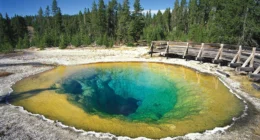

Comments are closed.